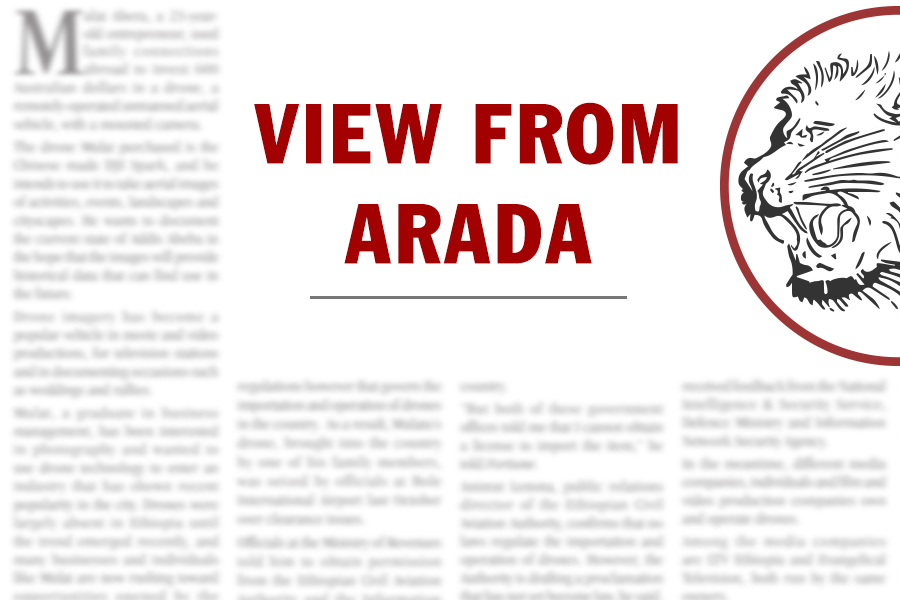
View From Arada | Jan 11,2020
Sep 7 , 2019.
It is in tradition to reflect on passing years and contemplate what the years ahead would bring individuals and society. Especially those at the helm of power know that one of the burdens of leadership is the responsibility to look forward and anticipate what the future may bring.
Ethiopia has passed through what could be an unanticipated and unpredicted political path over the past two years. Last year was indeed a continuation of the changes brought in the social space in the preceding year: hope and despair, as well as anxiety and optimism, have had their claim on the public mood.
The coming year under the Julian Calendar will undoubtedly see many challenges. The year that sets in will no doubt be an epochal moment for Ethiopians, with the power to define the years to follow. It will be a moment when the wise and judicious behaviour of many actors, including the administration of Prime Minister Abiy Ahmed (PhD), will be tested.
The epoch-making event of the coming year is the national elections due in May 2020. It will be a game changer in so many ways. Whether or not it even takes place by itself will be consequential. For the record, the Executive Committee of the incumbent EPRDF has made its decision to have the elections on schedule.
Some may cheer this. But not all. Neither are those who favour postponing the national elections in unison in their reasoning.
Some reluctantly oppose holding the polls this year, because they are frightened the country is in no position to hold elections. They fear that electoral contestation for political power and the inevitable outcome of winners and losers will lead to more violence and even further fragmentation. Their opposition is out of pragmatism born of fear.
But it is not unfounded. There have been other places and countries where holding elections while the public and the elites have not had a negotiated grand bargain has led to polarisation with regrettable consequences.
There are others whose opposition goes beyond pragmatic considerations. They believe there are fundamental issues that needed to be addressed before the country goes through elections. If indeed it goes ahead before that is done, it is going back to square one; and, the elections will not solve anything. Whether it is calling for amendments to the constitutional provisions or for a reconciliation process, what they have in mind requires more time and even more political will.
Whether it is for pragmatic or principled reasons, postponing the election will not be an easy matter. It brings problems to the table, for the current parliament has no legal standing to extend its own term of office. The incumbent will certainly lose the already challenged legitimacy it has if it goes ahead regardless.
The legitimate way to do it, however unclear or contested the procedure might be, is through constitutional amendments. But getting the necessary consent from all the bodies constitutionally required is not an easy task.
Doing it through any other means will be a path to authoritarianism.
That seems why the ruling party had decided, not without some reluctant voices it has to be said, to meet the challenge head-on and see it through.
The problem with circumventing existing laws is that once it begins, there will be no stopping the slide. Even loose rules are better than operating in a legal vacuum. Especially in an environment where several stakeholders do not see eye to eye, the best safeguard is the law as it is. However weak it might be, it is still better than the alternative.
Contending political parties should be starting their campaigns soon. As they do, they must realise that these will not be simple elections. This time it goes far beyond the usual contestation for political power. It will be a defining moment in the country’s history, where the state’s very survival will be at stake. Political leaders of all persuasions now have a significant role to play in which direction the country’s destiny rolls. Whether they will be remembered in infamy or they will rise to leave a legacy as statesmen and women will all be in their hands.
The fact that the elections will be held in a challenging economic environment raises the stakes even higher. There is hardly any reason to hope the ever-present problem of the shortage of foreign currency will be addressed. It will not go away anytime soon. The lacklustre export performance that feeds it is unlikely to change for the better in the coming year either.
Inflation also rears its ugly head again. Abiy’s administration has rightfully identified unemployment as a potential threat to the cohesion of the country and its social order.
Nonetheless, it will get worse with the effect of el Nino arriving in the months ahead, leading to a prediction of drought for the entire East African region. Making sure that this drought does not turn into famine will be a considerable challenge this coming year. Surfing on this wave of discontent by mobilising the army of unemployed youth will probably prove too much of a temptation to pass for politicians. But it is a significant risk to the country.
Overcoming all these political and economic obstacles requires a collective effort and expending all the saved political capital at the country’s disposal. Alas! There seems little left in social capital as a result of recent polarisation. However, though the social capital account may be low, it is not empty.
Some signs give hope. There is a definite shift that has been happening in contemporary Ethiopian political culture. Historically, once a public spat happens between leaders of the various political parties, they would become sworn enemies. Sitting together to engage in any matter would be unthinkable. But after particularly heated and no-holds-barred public exchanges between the TPLF and ADP, they both sat at the same round table of the EPRDF Executive Committee meeting to take care of the coalition’s business. This may not mean that they are best friends now, but still to set aside their differences even temporarily for the sake of a higher cause is a good start. It is something that has been missing in Ethiopia’s political culture. It needs to be encouraged.
The way the country carried itself in the wake of the tragic events of June 2019 can be taken as a cause for hope.
The Chief-of-Staff of the army and his friend were assassinated by his own security detail, the first such incident in the country’s history. The President of the Amhara Regional State and members of his cabinet were killed on the same day by the very person entrusted with their lives.
Countries have descended into civil war over such triggers. But the Ethiopian public remained calm. It is a political culture that kindles hope.
There may be daunting obstacles in the racecourse ahead. But if all people of goodwill in the country mobilise to put their share into social capital and cultivate these observable changes further, it is possible challenges can be handled.
It is necessary to be clear-eyed about the coming challenges though. Magical thinking is self-defeating. However, it is not all doom and gloom.
Ethiopia has one of the very few civilisational states in the world. It has gone through many ups and downs. It has a long history of beating the odds; and, here is wishing it will do it once again. Cheers and Happy New Year.
PUBLISHED ON
Sep 07,2019 [ VOL
20 , NO
1010]

View From Arada | Jan 11,2020
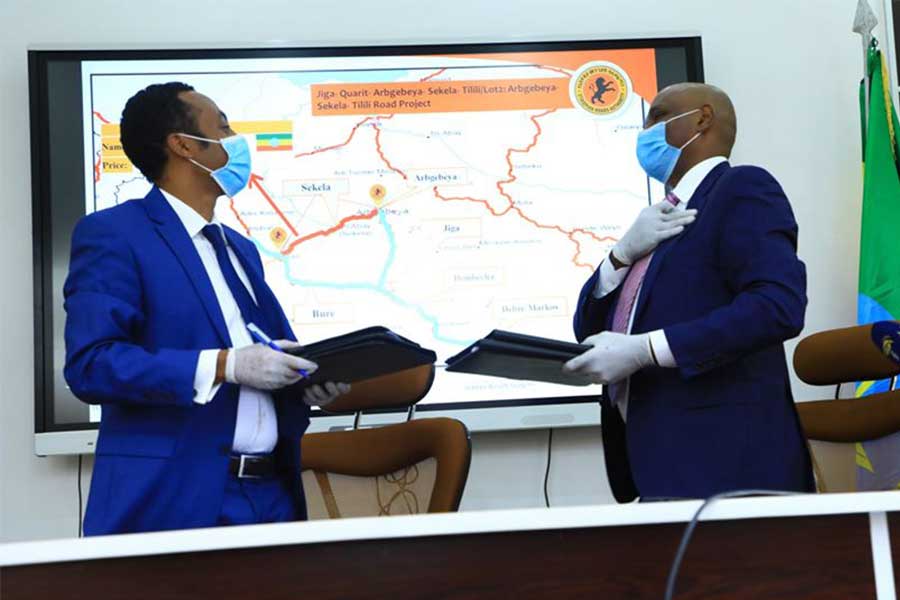
Fortune News | Jun 14,2020
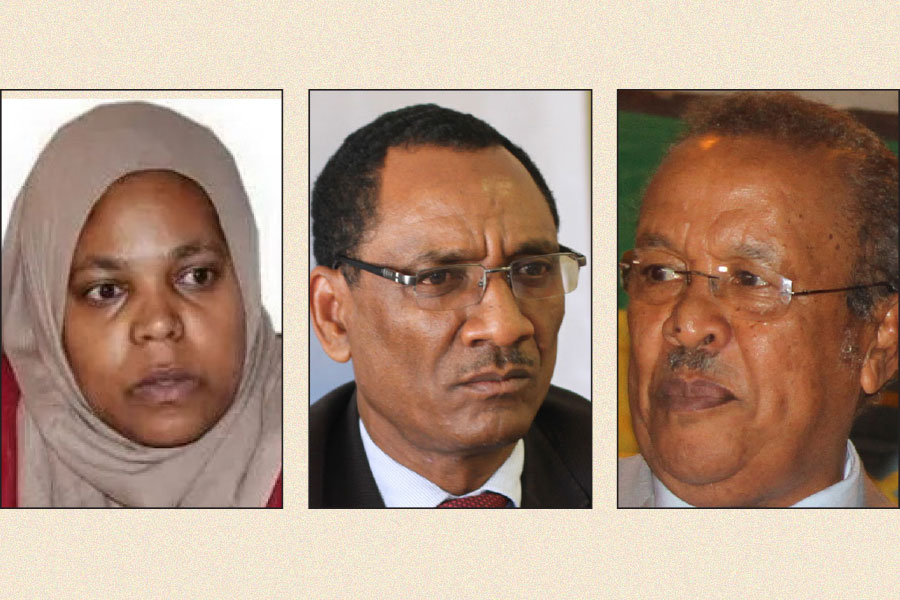
Fortune News | Jun 06,2023

Radar | Aug 26,2023

Radar | Aug 26,2023
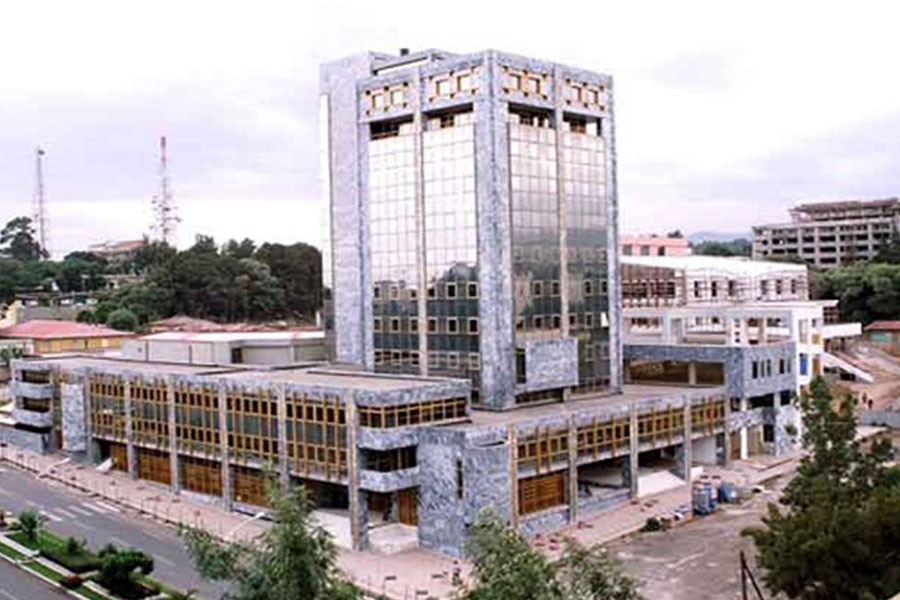
Year In Review | Sep 10,2021
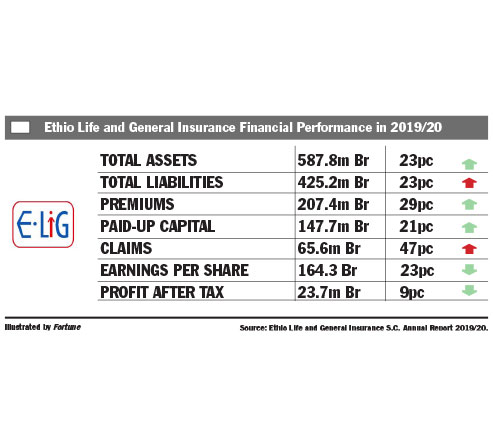
Fortune News | Apr 24,2021
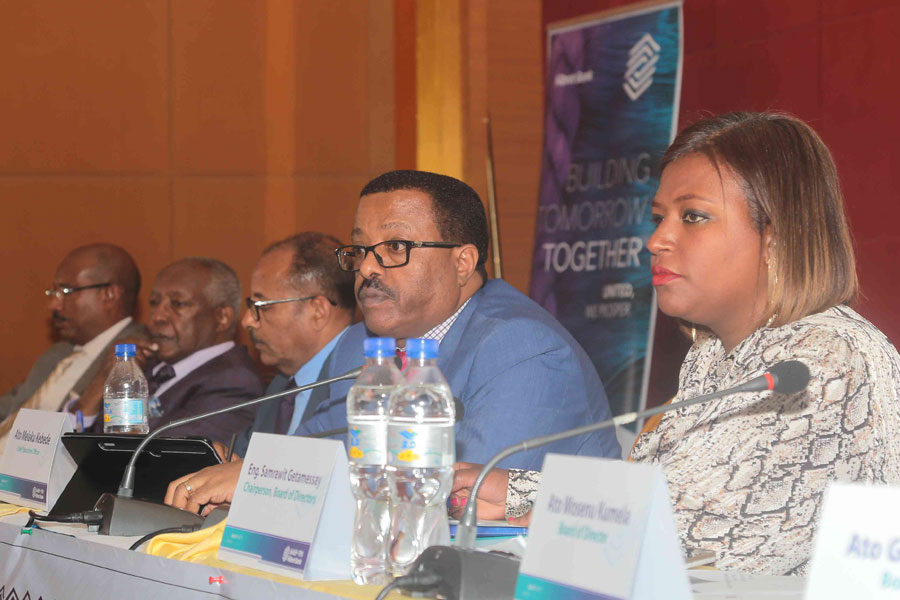
Fortune News | Feb 04,2023

Editorial | Nov 06,2021


My Opinion | 132272 Views | Aug 14,2021

My Opinion | 128692 Views | Aug 21,2021

My Opinion | 126600 Views | Sep 10,2021

My Opinion | 124206 Views | Aug 07,2021

Dec 22 , 2024 . By TIZITA SHEWAFERAW
Charged with transforming colossal state-owned enterprises into modern and competitiv...

Aug 18 , 2024 . By AKSAH ITALO
Although predictable Yonas Zerihun's job in the ride-hailing service is not immune to...

Jul 28 , 2024 . By TIZITA SHEWAFERAW
Unhabitual, perhaps too many, Samuel Gebreyohannes, 38, used to occasionally enjoy a couple of beers at breakfast. However, he recently swit...

Jul 13 , 2024 . By AKSAH ITALO
Investors who rely on tractors, trucks, and field vehicles for commuting, transporting commodities, and f...

Jul 13 , 2025 . By YITBAREK GETACHEW
The Addis Abeba City Revenue Bureau has introduced a new directive set to reshape how...

Jul 13 , 2025 . By BEZAWIT HULUAGER
Addis Abeba has approved a record 350 billion Br budget for the 2025/26 fiscal year,...

Jul 13 , 2025 . By RUTH BERHANU
The Addis Abeba Revenue Bureau has scrapped a value-added tax (VAT) on unprocessed ve...

Jul 13 , 2025 . By NAHOM AYELE
Federal lawmakers have finally brought closure to a protracted and contentious tax de...